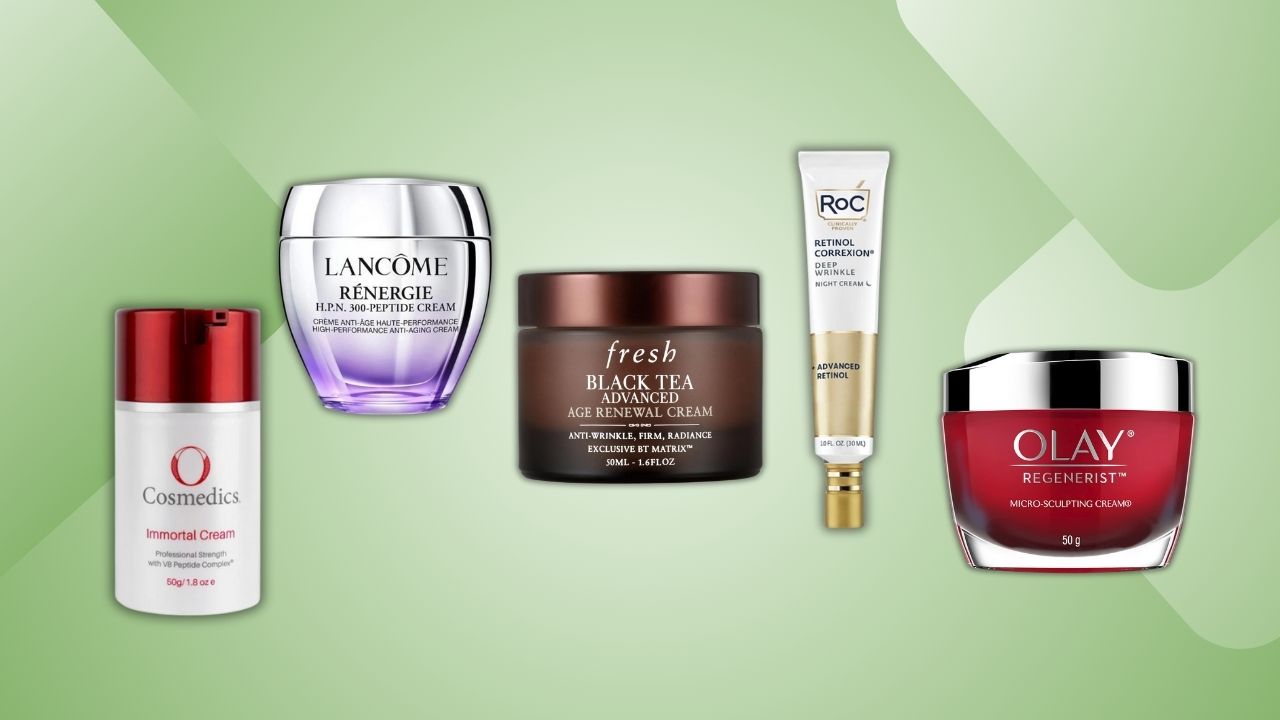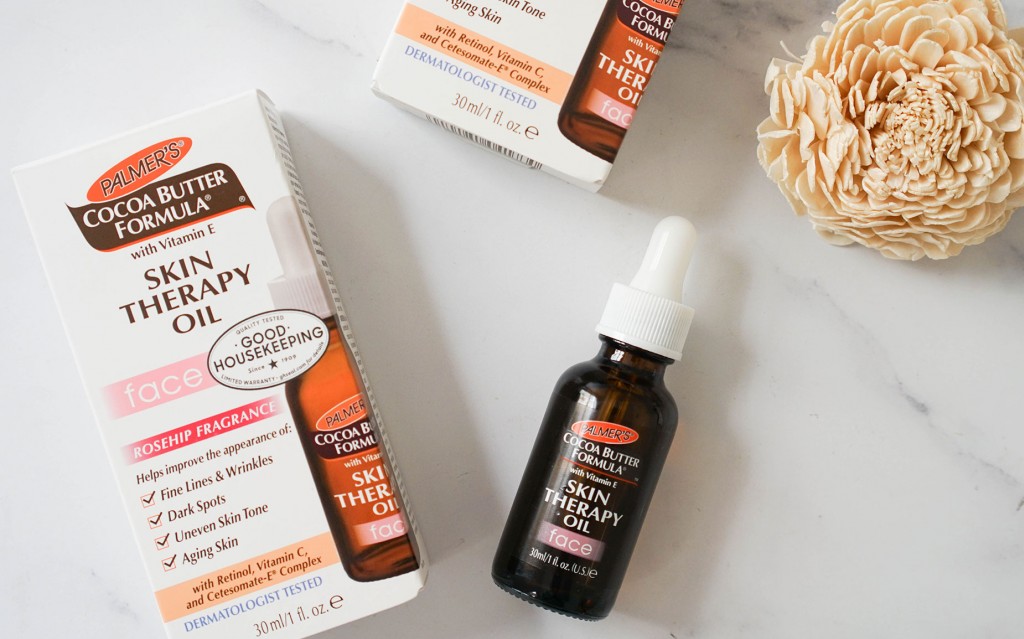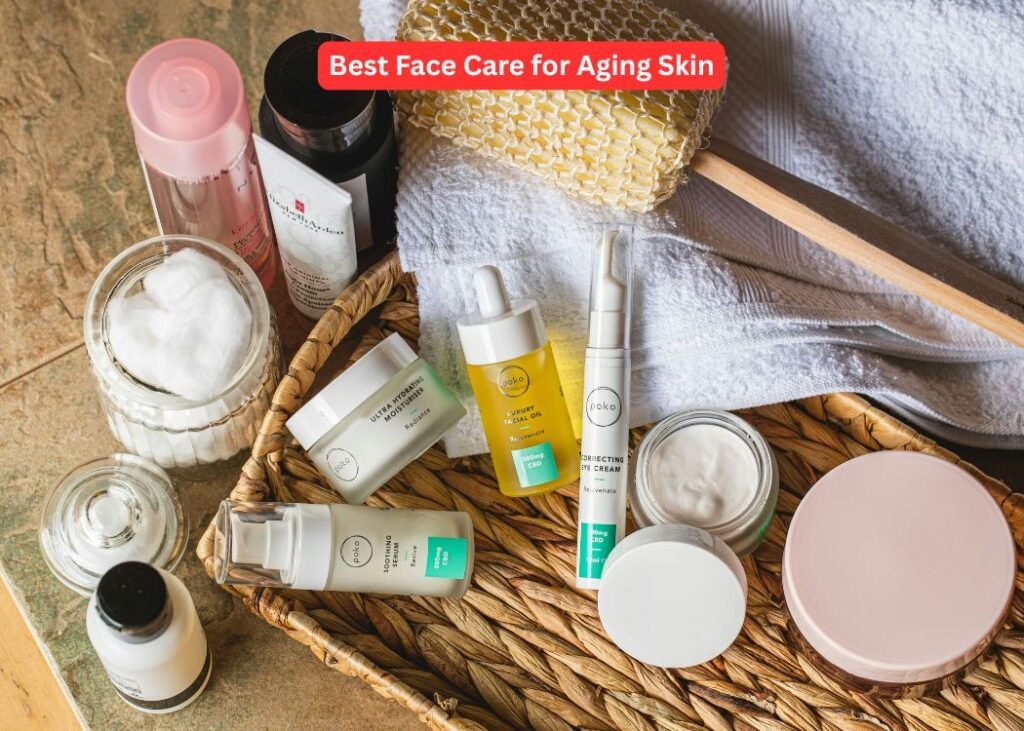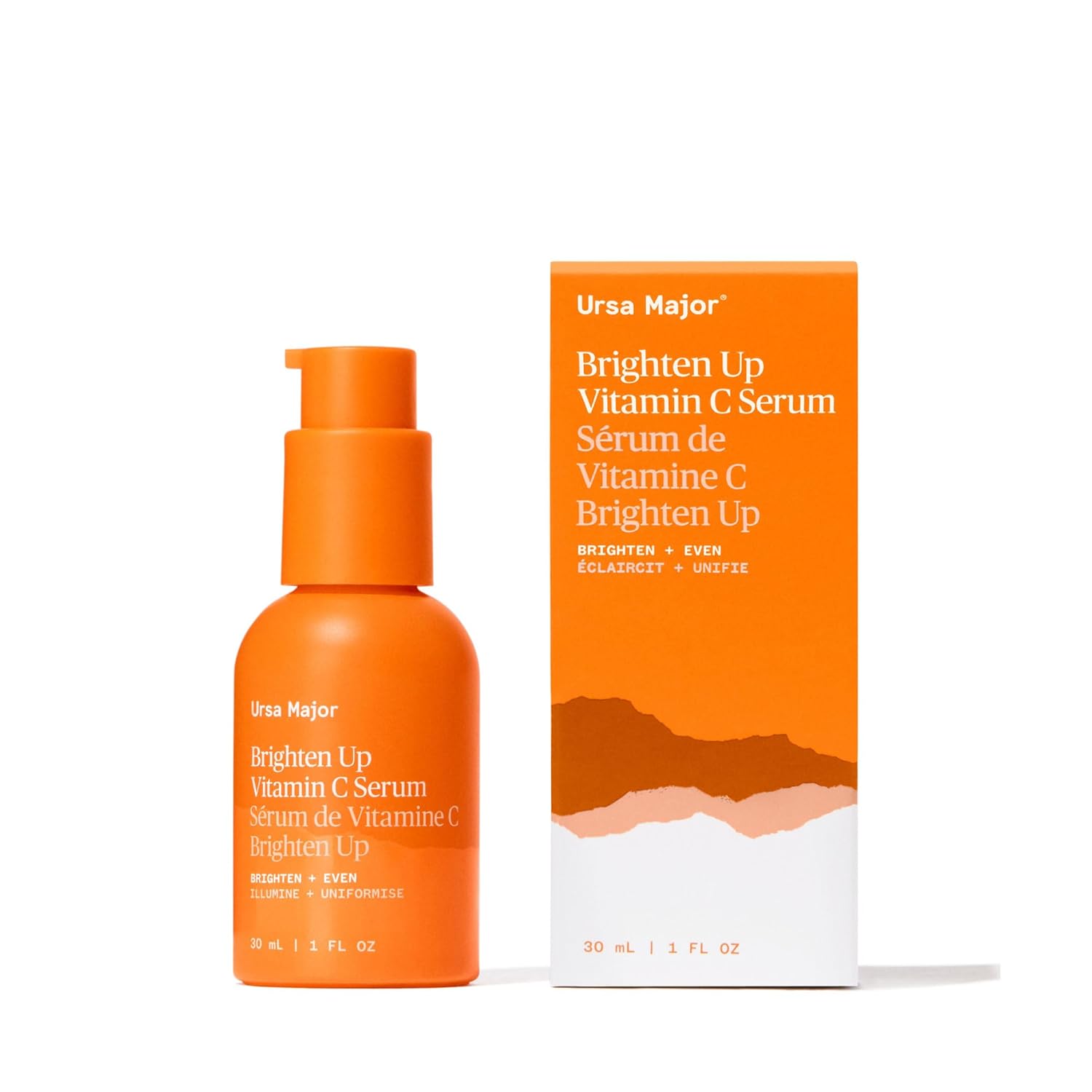Best Face Care for Aging Skin: Are you noticing fine lines, wrinkles, and a loss of that youthful glow when you look in the mirror? You’re not alone.
Aging skin is a natural part of life, but caring for it doesn’t have to be a daunting task. Imagine feeling confident and radiant every time you step out, knowing that your skin reflects your vibrant personality. Achieving this is easier than you think, and it starts with the right face care routine tailored to your skin’s unique needs.
Discover the secrets to maintaining smooth, nourished skin and learn how to combat the signs of aging effectively. This guide will share the best strategies and products to rejuvenate your skin, leaving you with a complexion that feels as good as it looks. Dive in to unlock your skin’s potential and embrace the beauty of aging gracefully.
Understanding Aging Skin
As you look in the mirror, you might notice subtle changes in your skin. Understanding aging skin is crucial to maintaining its health and beauty. With each passing year, your skin undergoes transformations that require special care and attention. Let’s dive into the specifics of aging skin and how you can adapt your skincare routine to these changes.
Signs Of Aging
Have you noticed fine lines around your eyes or mouth? These are often the first signs of aging skin. As your skin ages, it may lose its elasticity, leading to sagging and wrinkles.
Another common sign is the appearance of age spots or uneven skin tone. Your skin might also feel drier than before, making it more susceptible to irritation. Recognizing these signs early can help you take proactive steps to address them.
Causes Of Aging
Why does your skin age? It’s not just about getting older. Sun exposure plays a significant role in accelerating skin aging. Those afternoons spent under the sun without protection can catch up with you.
Your lifestyle choices also influence your skin’s aging process. Factors like smoking, diet, and stress levels can impact your skin health. Genetics may play a part too, but you have the power to minimize their effects.
Have you considered how your skincare routine affects aging? Using harsh products can strip your skin of essential oils, speeding up the aging process. It’s time to rethink your approach to skincare. Are you ready to make changes that will benefit your skin’s future?
Understanding aging skin is the first step in the journey towards healthier, more youthful skin. Embrace these insights, and you’ll be on your way to making informed decisions that keep your skin glowing through the years.

Credit: au.palmers.com
Essential Skincare Routine
As we age, our skin needs extra care and attention to maintain its youthful glow. Establishing an essential skincare routine tailored for aging skin is key to achieving healthier and more radiant skin. It’s not just about slathering on products, but understanding the specific needs of your skin and addressing them effectively.
Cleansing Techniques
Start your skincare routine with gentle cleansing. Choose a cleanser that suits your skin type—whether it’s dry, oily, or sensitive. Avoid harsh soaps that strip away natural oils. Instead, opt for a creamy or hydrating formula. Try cleansing your face with lukewarm water. It helps open up the pores and removes dirt without irritating your skin.
Consider double cleansing at night. Use an oil-based cleanser first to remove makeup and sunscreen, followed by a water-based cleanser to clean the skin. This technique ensures your skin is thoroughly clean without being over-dried. Have you noticed how a good cleanse can make your skin feel refreshed and ready for nourishment?
Exfoliation For Renewal
Exfoliation is a crucial step to renew aging skin. It removes dead skin cells and promotes cell turnover, revealing fresh skin underneath. Choose gentle exfoliants like alpha hydroxy acids (AHAs) or beta hydroxy acids (BHAs). These ingredients are effective yet gentle on mature skin.
Limit exfoliation to once or twice a week. Over-exfoliating can lead to irritation and dryness. Pay attention to your skin’s response and adjust the frequency accordingly. Have you tried using a soft washcloth or a gentle brush? They can enhance your exfoliation routine without being harsh.
Hydration And Moisturization
Hydration is vital for aging skin. As we age, our skin tends to become drier. Use a hydrating serum with ingredients like hyaluronic acid, which holds moisture. It plumps up your skin and reduces fine lines.
Follow up with a rich moisturizer to lock in hydration. Look for products with ceramides or peptides. They strengthen your skin barrier and keep your skin feeling smooth. Have you ever noticed how your skin feels after a good dose of hydration? It’s almost as if it breathes a sigh of relief.
At night, consider using a heavier cream or an overnight mask. It provides intense nourishment while you sleep. Think about how a well-hydrated skin can boost your confidence and make you feel more youthful.
Crafting a skincare routine for aging skin doesn’t have to be complicated. It’s about understanding what your skin needs and giving it consistent care. What changes are you willing to make to enhance your skin’s health and appearance?
Key Ingredients To Look For
As we age, our skin undergoes various changes. Finding the right face care products is crucial. Knowing the key ingredients helps. These ingredients target aging concerns. They improve skin texture and appearance. Let’s explore the essential ingredients for aging skin care.
Retinoids
Retinoids are vitamin A derivatives. They promote cell turnover. This helps reduce fine lines and wrinkles. Retinoids also improve skin tone. They enhance collagen production. This makes skin firmer and smoother. Retinoids are a powerful tool for aging skin care.

Credit: amazon.com
Hyaluronic Acid
Hyaluronic acid is a natural hydrator. It holds moisture in the skin. This keeps skin plump and supple. Hyaluronic acid reduces dryness. It minimizes the appearance of fine lines. This ingredient is great for maintaining youthful skin. Hydration is key to healthy aging skin.
Antioxidants
Antioxidants protect skin from damage. They fight free radicals. Free radicals cause premature aging. Antioxidants include vitamins C and E. These vitamins brighten skin. They also improve skin’s elasticity. Antioxidants support overall skin health. They are vital for aging skin care.
Sun Protection Strategies
Protect aging skin with effective sun strategies. Choose broad-spectrum SPF moisturizers. Add a wide-brim hat for extra shade. Reapply sunscreen every two hours when outside.As we age, our skin becomes more vulnerable to the sun’s harmful rays. Protecting your skin from sun damage is crucial in maintaining a youthful appearance. Effective sun protection strategies can help prevent premature aging, including wrinkles and age spots. Let’s explore some practical sun protection methods that you can easily adopt in your daily routine.
Spf Essentials
Choosing the right SPF is a game changer for your skin’s health. Opt for a broad-spectrum sunscreen with SPF 30 or higher. This ensures you’re shielded from both UVA and UVB rays. Always check the label for water resistance, especially if you’re spending time outdoors or sweating. Remember, applying sunscreen isn’t a one-time task; reapply every two hours, especially after swimming or sweating.
Daily Sun Care Habits
Incorporate sun protection into your daily routine effortlessly. Apply sunscreen every morning, even if it’s cloudy or you plan to stay indoors. Consider wearing a wide-brimmed hat and sunglasses. These accessories not only add style but provide additional protection for your face and eyes. Use clothing with UPF (Ultraviolet Protection Factor) for those long outdoor days. Have you ever noticed how a simple scarf can keep your neck safe from the sun? Are you aware that even brief exposure to the sun can lead to skin damage? It’s crucial to stay vigilant. By adopting these sun protection habits, you can keep your skin healthy and radiant as you age. Wouldn’t you love to enjoy the sun without worrying about its impact on your skin?
Lifestyle Tips For Radiant Skin
Age brings wisdom, yet skin often shows wear. A glowing complexion speaks volumes. Lifestyle choices can significantly impact skin health. Simple changes can lead to a radiant face.
Diet, hydration, and rest matter. Each plays a role in skin’s vibrancy. These elements combined can enhance your natural glow. Let’s explore how lifestyle tips can transform your skin.
Diet And Nutrition
What you eat affects your skin. Foods rich in antioxidants help fight signs of aging. Include berries, nuts, and green leafy vegetables in your meals. Omega-3 fatty acids support skin elasticity. Fish and flaxseeds are excellent sources.
Limit sugar and processed foods. They can dull skin appearance. A balanced diet boosts skin health. Choose whole foods for a youthful glow. Vitamins and minerals are vital for skin repair.
Hydration Importance
Water is essential for healthy skin. Proper hydration keeps skin supple and firm. Drink at least eight glasses of water daily. Hydrated skin appears plump and youthful.
Dehydration makes wrinkles more visible. Moisturize regularly to lock in hydration. Use creams suited for your skin type. Hydrated skin better resists environmental stressors.
Sleep And Stress Management
Quality sleep rejuvenates skin. Aim for seven to nine hours nightly. During sleep, skin repairs itself. Lack of rest can lead to dull, tired-looking skin.
Stress affects skin health negatively. Practice relaxation techniques like meditation or yoga. Lower stress levels promote clearer skin. Manage stress for a brighter complexion.
Professional Treatments
Aging skin can benefit greatly from professional treatments. These treatments offer targeted solutions for mature skin needs. They provide advanced care that over-the-counter products might not achieve. Whether you visit a dermatologist or a spa, professional options deliver results. They address wrinkles, fine lines, and skin texture. Exploring these options can enhance your skincare routine.
Dermatologist Options
Dermatologists offer treatments tailored for aging skin. One popular option is laser therapy. It helps reduce fine lines and improve skin texture. Another choice is chemical peels. They remove dead skin and promote new cell growth. Microneedling stimulates collagen production. This treatment can make the skin firmer and smoother. Dermatologists can also provide prescription creams. These contain retinoids that boost skin renewal.
Spa And Clinic Treatments
Spas and clinics provide relaxing yet effective skincare treatments. Facials are a common choice. They cleanse deeply and hydrate the skin. Microdermabrasion is another option. It exfoliates the skin and reduces age spots. Some clinics offer radiofrequency treatments. These use heat to tighten the skin. Many spas also offer light therapy. This helps with collagen production and skin tone.
Common Myths And Misconceptions
Many believe expensive products are essential for aging skin, but simple routines often work best. Natural ingredients and consistency can enhance skin health without breaking the bank.As we age, our skin undergoes various changes, leading many to seek the best face care for aging skin. But, with a flood of information available, it’s easy to fall prey to myths and misconceptions. Often, these myths are passed down through generations or spread through misleading marketing. Believing in these myths can lead you to poor skincare choices that may harm rather than help your skin. Let’s dig deeper into some of the most common myths and misconceptions about aging skin care.
Debunking Skincare Myths
You might have heard that expensive products are always better for aging skin. This is a common myth. Price does not necessarily determine the effectiveness of a skincare product. Some affordable products contain the same active ingredients as high-end ones and can deliver similar results. Another myth is that oily skin doesn’t need moisturizer. All skin types, including oily skin, require hydration. Moisturizers help maintain the skin’s barrier, preventing moisture loss and providing necessary nutrients. Some people believe that drinking lots of water will eliminate wrinkles. While staying hydrated is crucial for overall health, it’s not a magic solution for wrinkles. Skin aging is influenced by various factors, including genetics and sun exposure.
Facts About Aging
Aging is a natural process influenced by both intrinsic and extrinsic factors. Intrinsic aging is determined by genetics, which you cannot control. Extrinsic aging, however, is affected by external factors like sun exposure, pollution, and lifestyle choices. Sun exposure is the number one cause of premature aging. Protecting your skin from UV rays by using sunscreen daily is essential for maintaining youthful skin. Even on cloudy days, UV rays can penetrate the skin and cause damage. A balanced diet rich in antioxidants can support skin health. Foods like berries, nuts, and leafy greens help protect the skin from damage caused by free radicals. Incorporating these into your diet can complement your skincare routine. Have you considered how your lifestyle impacts your skin? Smoking, excessive alcohol consumption, and lack of sleep can accelerate aging. Making healthier lifestyle choices can significantly improve your skin’s appearance and overall health. By understanding these myths and facts, you can make informed decisions about your skincare routine. Are you ready to challenge what you thought you knew about aging skin?

Credit: www.news.com.au

Credit: www.palmers.com
Frequently Asked Questions
What Are The Signs Of Aging Skin?
Aging skin often shows wrinkles, fine lines, and sagging. You may also notice dryness, uneven skin tone, and age spots. Collagen loss leads to reduced skin elasticity. Proper face care can help slow these signs and maintain a youthful appearance.
How Often Should I Moisturize Aging Skin?
Moisturize aging skin twice daily for optimal hydration. Apply in the morning and before bed. Use products with hyaluronic acid and ceramides for best results. Consistent moisturizing helps combat dryness and enhances skin’s elasticity.
Which Ingredients Benefit Aging Skin The Most?
Retinol, hyaluronic acid, and peptides are beneficial for aging skin. Retinol boosts collagen production and reduces wrinkles. Hyaluronic acid hydrates deeply, while peptides improve skin firmness. These ingredients work together to rejuvenate and protect aging skin.
Can Sunscreen Prevent Aging Skin?
Yes, sunscreen is crucial in preventing aging skin. It protects against UV damage, which accelerates aging. Use broad-spectrum SPF 30 or higher daily. Sunscreen helps maintain skin health and reduces the risk of age spots and wrinkles.
Conclusion
Healthy skin needs gentle care and attention. Aging skin deserves special treatment. Use the right products for your skin type. Moisturize daily to keep skin soft. Protect it from sun damage with sunscreen. Choose products with antioxidants and vitamins. These help fight signs of aging.
Regular cleansing removes impurities. This keeps your skin fresh. Stay hydrated and eat a balanced diet. These habits support skin health. Remember, consistency is key. Care for your skin, and it will glow. Beautifully, naturally.



